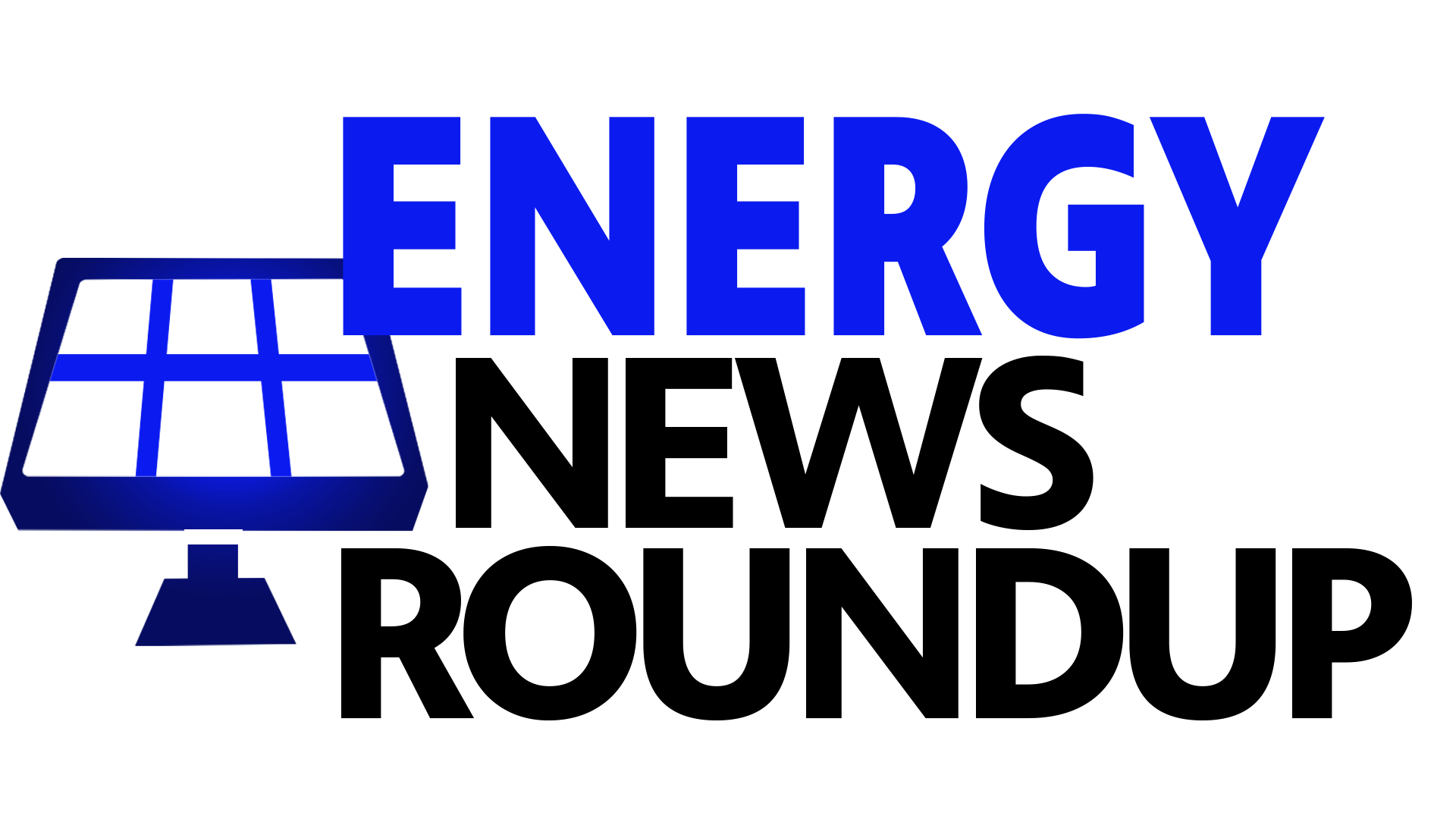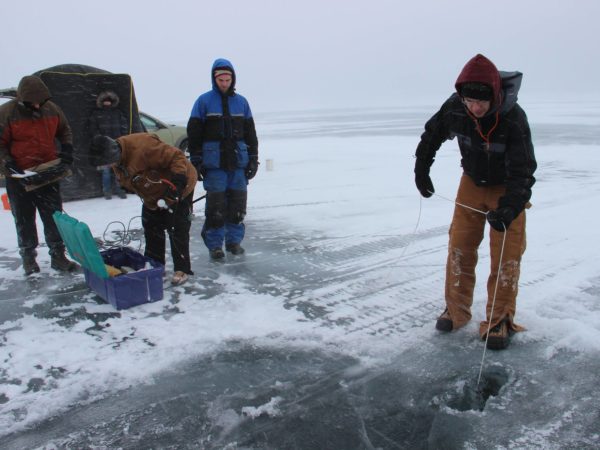
In yet another shakeup in the Ohio energy bribery saga that first came to light in 2020, a former state utility regulator was found dead by suicide last week. Sam Randazzo, 74, a longtime lobbyist who was appointed by Gov. Mike DeWine to chair the Ohio Public Utilities Commission, had been charged with taking a $4.3 million bribe from FirstEnergy Corp. and faced spending the rest of his life in prison. DeWine’s press secretary said this week that Randazzo’s ties to utilities were no secret prior to his appointment.
The Biden administration stepped in for the first time to the ongoing dispute over the Line 5 pipeline that runs from northern Wiscinson to western Ontario, Canada. U.S. Department of Justice officials backed up a federal judge’s finding that the pipeline was trespassing on the Bad River Reservation, but asked that the case be sent back to a lower court for further consideration of both treaty rights and U.S.-Canada relations. The Bad River Band of Lake Superior Chippewa said the filing didn’t do enough to support tribal interests.
Seven states, including Indiana, Michigan and Wisconsin, are set to receive millions of dollars in funding from the Biden administration to refine the planning, siting and permitting processes for renewable energy projects. The new initiative was funded by the 2022 Inflation Reduction Act and is aimed at collaborative efforts to provide resources and expertise to local leaders. The U.S. Department of Energy awarded $4.9 million to the Great Lakes region in the first round of the program.
Walmart is also investing in clean energy in multiple Great Lakes states. Almost half of Walmart’s 94 stores in Michigan will buy electricity produced with wind and solar power under an agreement with public utility Consumers Energy. And the retail giant is partnering with solar developer Pivot Energy to build 19 solar projects — 15 of which will be community solar — across five states, including Illinois.
Five Democratic senators from Ohio, Minnesota, Pennsylvania and West Virginia pushed the U.S. Environmental Protection Agency to ease the pollution regulations for iron and steel mills that it proposed last year. They argued in a March 4 letter that the proposed standards had “the potential to undermine American steel production.” The final rule, unveiled a couple of weeks later, will still tighten requirements for manufacturers but is looser than the version proposed in 2023.
More energy news, in case you missed it:
- The regional electric grid held up just fine during last week’s total solar eclipse, operators reported.
- Utilities building a power line between Iowa and Wisconsin appealed a federal judge’s recent freeze on a land exchange that could decide the fate of the project.
- The Red Lake Band of Chippewa in Minnesota became one of the first tribal school districts to receive electric school buses.
- A steel plant in Indiana announced a $150 million demonstration carbon capture project scheduled to begin in 2026.
- Michigan’s attorney general launched a website to collect feedback from utility customers and inform residents about utility operations.
Catch more news at Great Lakes Now:
Energy News Roundup: Even the solar eclipse is an energy issue




